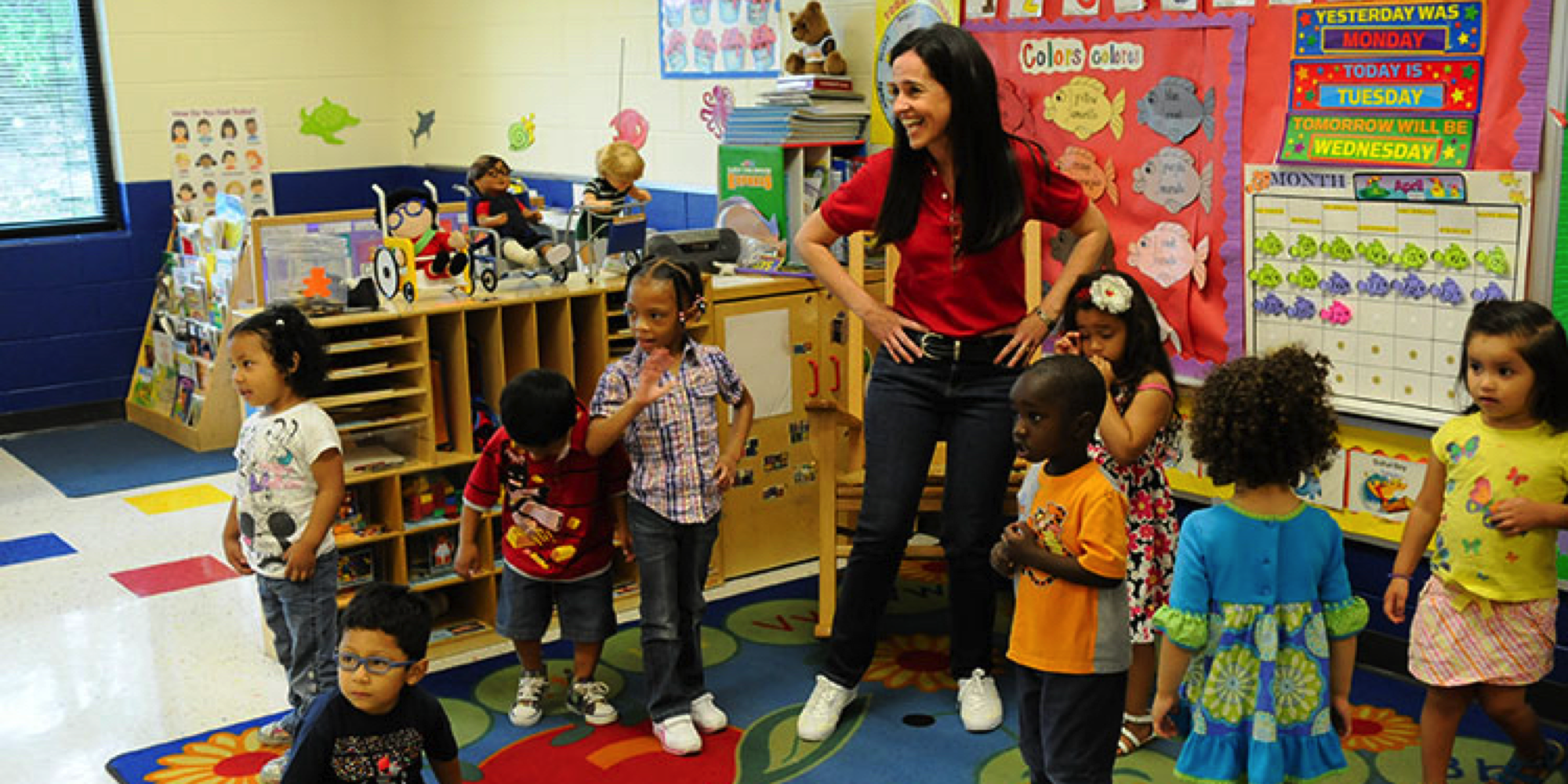Jones & Lesaux (2013)
Intro brief: This report provides an overview of three adult-focused programs for social-emotional learning: Conscious Discipline, Child FIRST, and the Chicago School Readiness Project and Foundations of Learning (CSRP-FOL). The section on Conscious Discipline describes the journey of Knox County Head Start as it implements Conscious Discipline and creates meaningful improvement.
Type of report: Synthesis/review, case study
Summary:
The report consists of two parts. Part I provides a summary of the three programs and their commonalities/differences. Part II presents each initiative as a case study, including the history and evolution of each program, what it looks like in practice, strengths, challenges, and steps to improve program quality.
Part I: Program summary and comparison
In Part I, the report highlights the similarities and differences across the three programs. All three programs subscribe to the theory that socially and emotionally healthy adults are in a better position to raise healthy children than those who struggle with self-regulation. The programs all take a two-generation approach and serve both the child and adult populations, though their underlying philosophies differ in regards to the most effect way to affect behavioral change. The Chicago School Readiness Project (CSRP) and Foundations of Learning (FOL) provide teachers with ways to manage children’s behavior. In contrast, Conscious Discipline provides students and teachers with a way of interacting that focuses on eliciting desired outcomes for student behavior, assertiveness, and supporting an environment that enables children’s and teachers’ choices to regulate their own behavior.
All three programs provide training for children and adults, and aim to establish positive relationships and mutual respect. Each program has tailored its design to fit the need of its intended implementers. For example, in CSRP-FOL, leaders are very concrete and hands-on. In contrast, Conscious Discipline engages leaders in a way that allows for self-reflection and substantial flexibility in the ways in which they choose to implement the program. Each program struggles with sustainability in some regard, with common themes being energy/investment of participants and teachers, consistency in implementation, involvement with the extended community.
Part II: Conscious Discipline case study
Part II of the report delves into the case studies for each initiative. The analysis below focuses solely on the Conscious Discipline section.
The report summarizes that Conscious Discipline started in 2002 with the goal to build adults’ and children’s emotional intelligence and self-regulation skills through introducing a mindset and strategies to classrooms and schools/organizations. It says Conscious Discipline is less focused on delivering a curriculum and more focused on decreasing behavioral problems and improving social-emotional skills through changing the culture of the school community. Conscious Discipline achieves this by providing strategies that help adults manage their thoughts, feelings and actions in the face of day-to-day stress and conflict.
The report mentions that data comparing outcomes from the beginning and end of recent school years shows increased mean scores for reduced aggression and fewer behavioral referrals. It attributes the success of Conscious Discipline to its ability to give children and adults a common language, staff empowerment and organization-wide implementation. Challenges it mentions include making intervention language feel natural, addressing individual differences among children and providing adequate training for challenges. Suggested next steps include improving staff participation rates and fostering stronger ties to ease children’s transition from pre-K programs to public schools.
Helpful Links
- Webinars: How Conscious Discipline Aligns with National Head Start Standards on Parent Education
- Knox County Head Start, Inc. 2016
- Head Start Conscious Discipline Alignment
- Conscious Discipline Improves SEL, School Climate, Readiness and Pro-Social Behavior
- Conscious Discipline Meets with Head Start Leadership
- Episode 001: Knox County Head Start is Building Bright Futures for Young Children AND Their Families
- A Conscious Approach to Self-Regulation: Knox County Head Start and the Conscious Discipline Program




